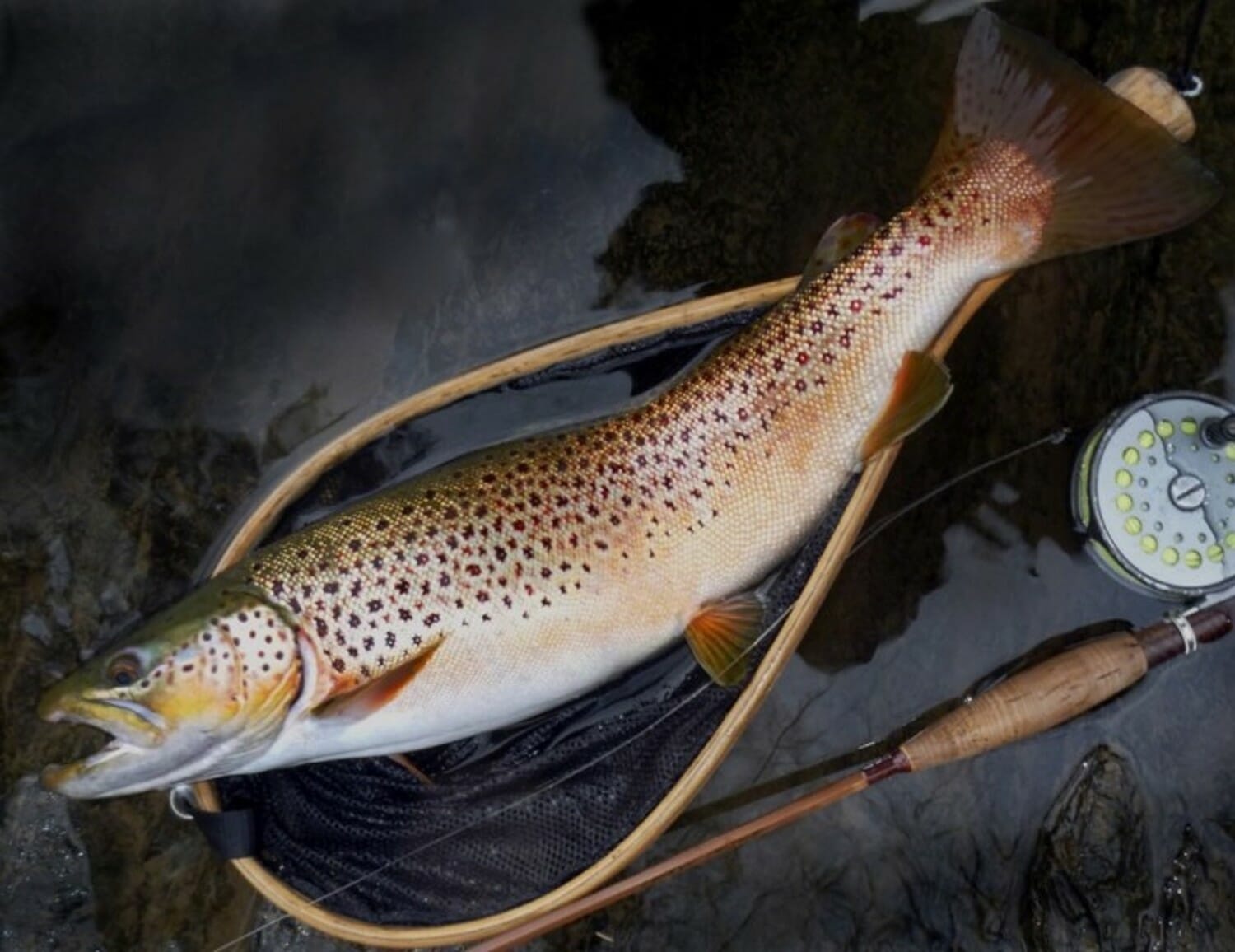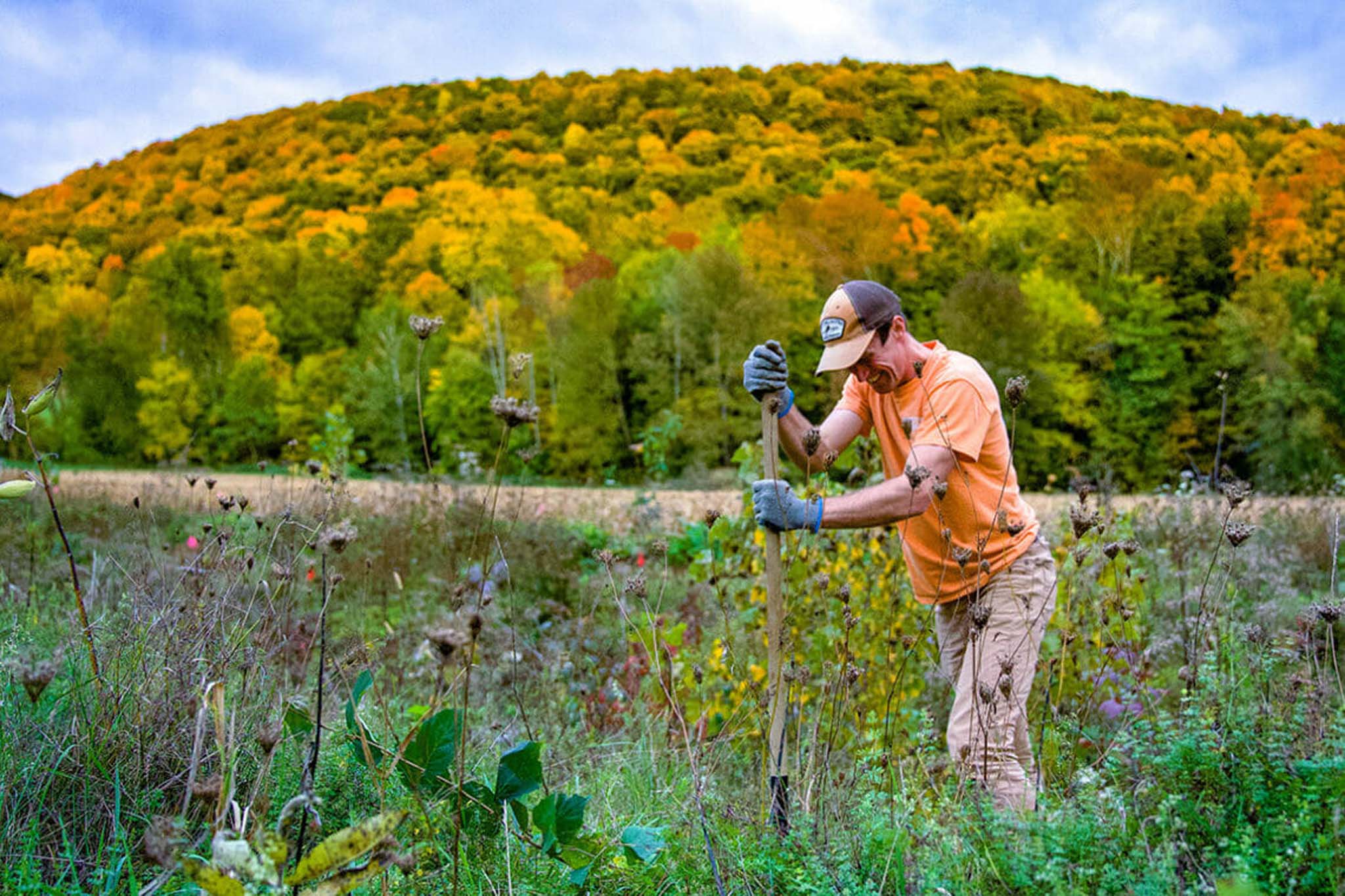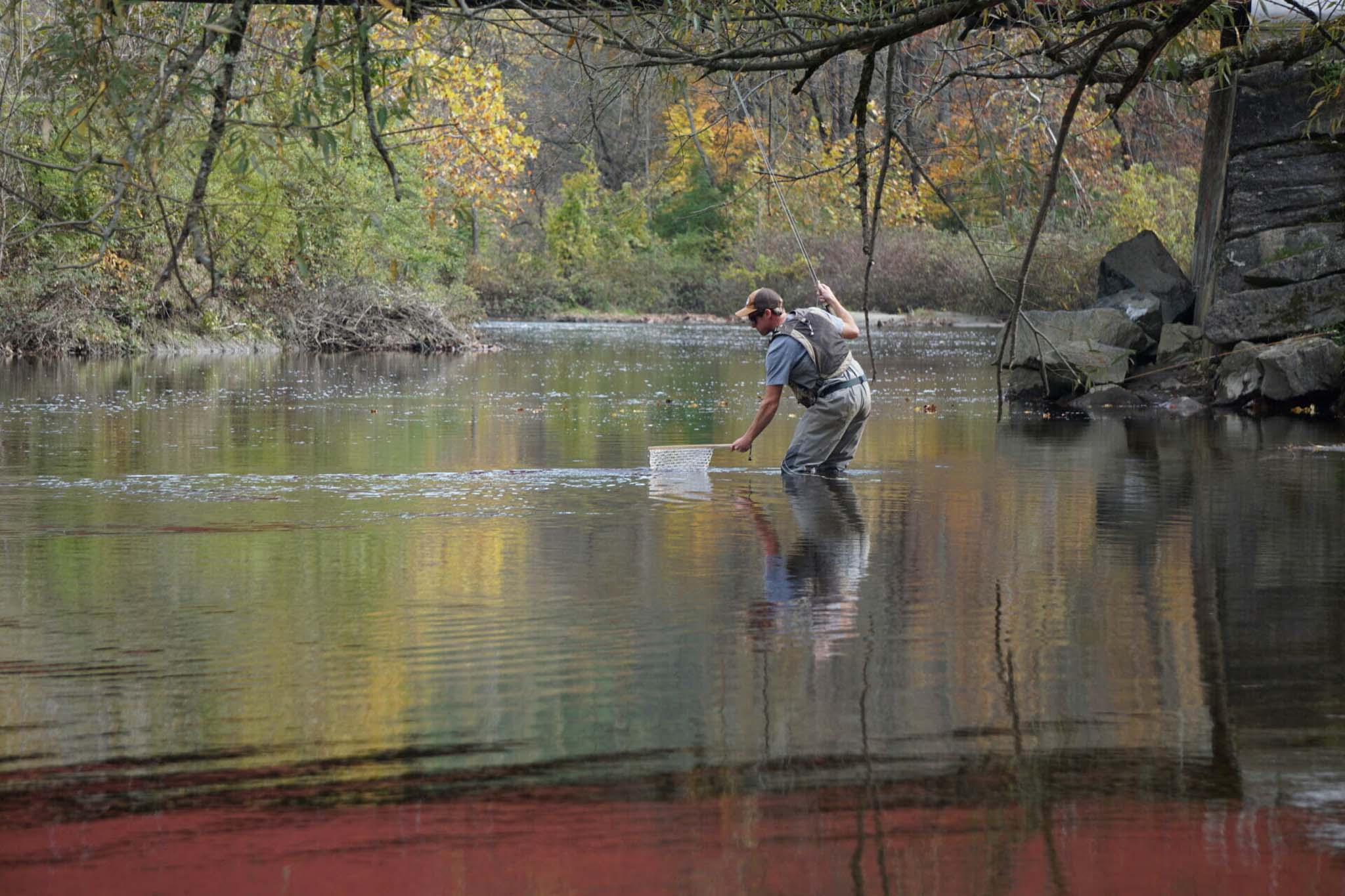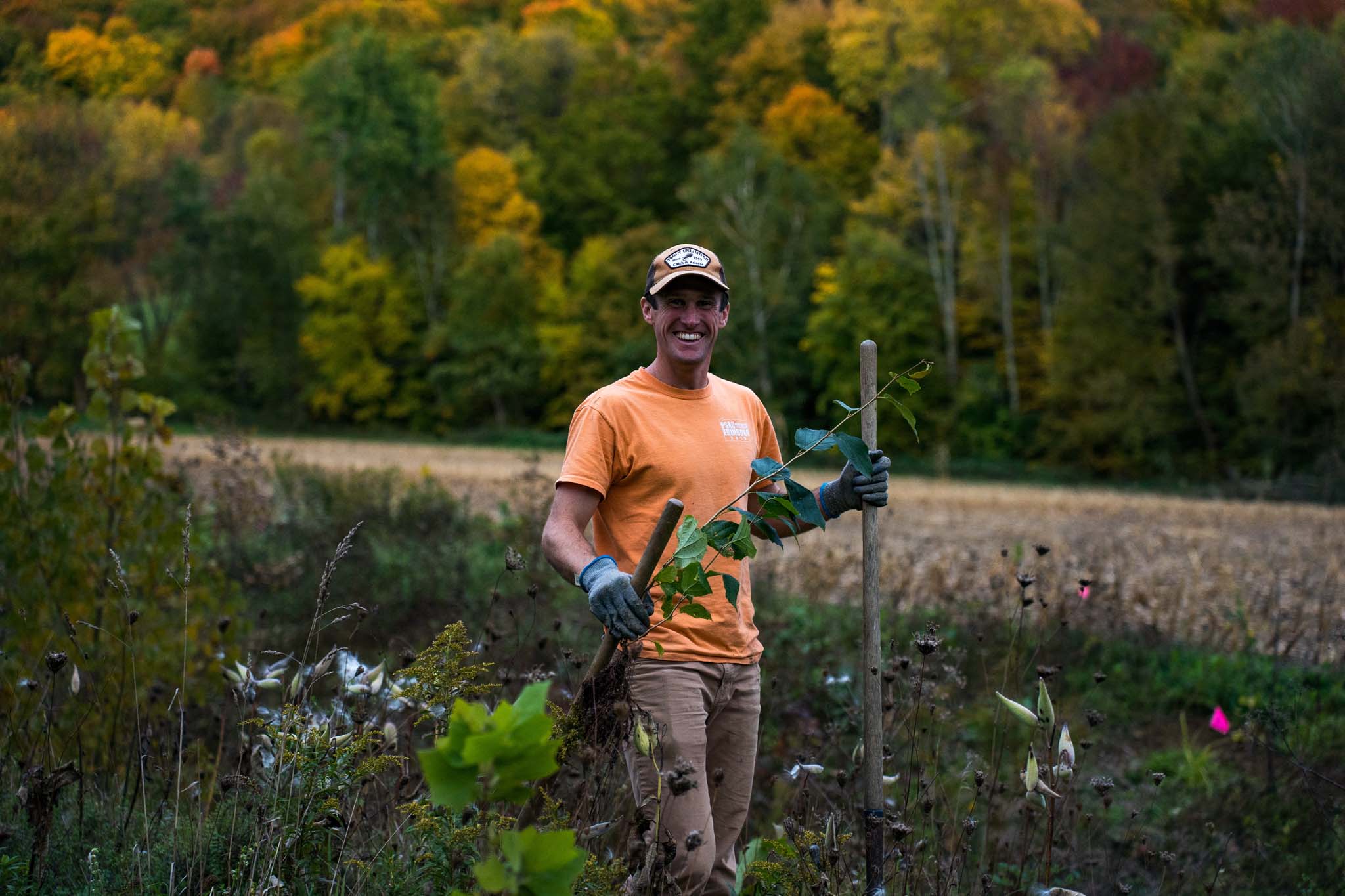The Battenkill Home Rivers Initiative has been underway since 2020. (Trout Unlimited)
Battenkill River

Overview
The Battenkill and its key tributaries are known for their robust hatches and excellent — often challenging — fishing for wily wild brown trout and colorful native brook trout. In 2020, Trout Unlimited formalized its restoration approach in the watershed by forming the Battenkill Home Rivers Initiative. Working with partners like the State Department of Environmental Conservation, TU’s state councils in Vermont and New York, and other partners in the region, we are engaging the community, advocating for the river, bringing conservation dollars to the region, and restoring tributaries. We are reducing sedimentation, adding in-stream structures to improve fish-holding habitat, and assessing and replacing road stream crossings that block fish passage and cause community flood risks.
Camden Creek
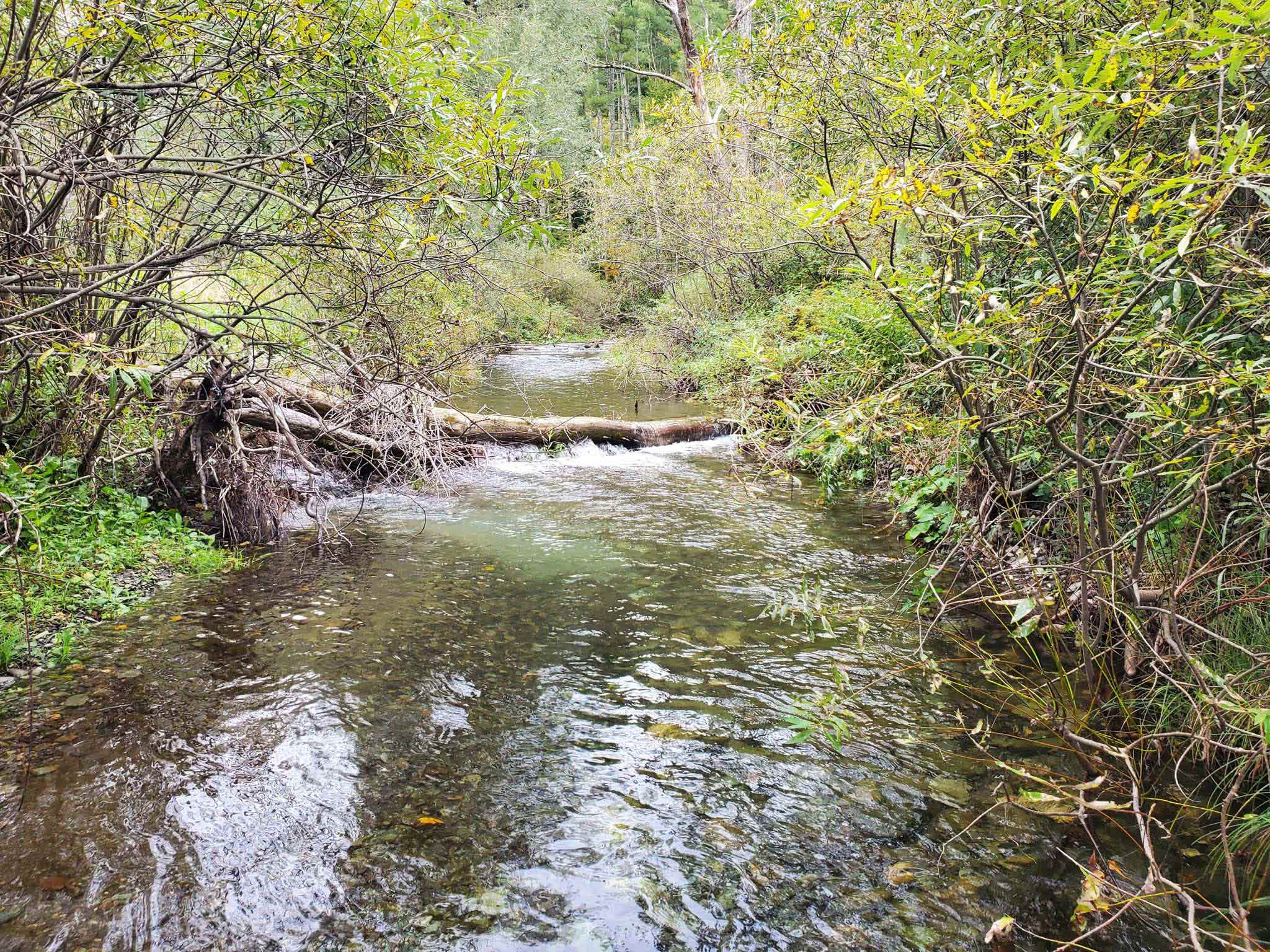
Strategically placed wood makes for a new fish habitat in Camden Creek. (Trout Unlimited)
Camden Creek was the site of the first completed restoration project under the Battenkill Home Rivers Initiative in 2020. Over the next three years, two more projects were completed upstream to further improve habitat, floodplain access, and retain sediments. The three projects restored nearly a mile of this stream. TU will continue to monitor and restore this vitally important coldwater tributary. Other coldwater tributaries in Vermont are the target of strategic wood addition, low-tech process-based restoration, and riparian plantings. From 2021 to 2023, approximately 1.2 miles were restored.
Battenkill Restoration
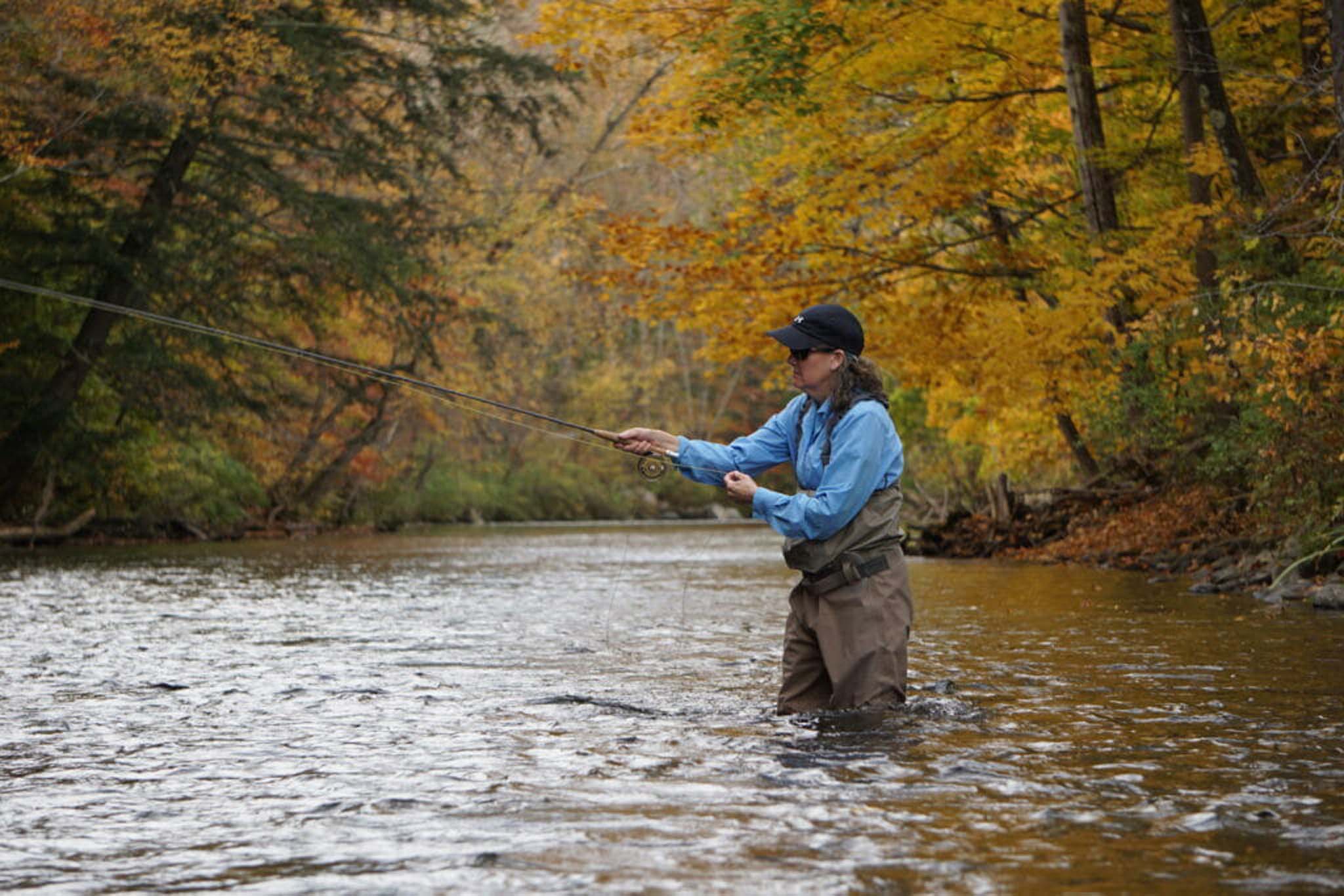
The Battenkill is revered for its challenging fishing in a beautiful setting. (Doug Lyons photo)
Main stem Battenkill restoration efforts are focused on extending into New York the lessons learned from earlier successes in Vermont. As in other watersheds in New York, we are working with the state Department of Environmental Conservation to grow wild trout population numbers enough to justify Wild-Quality designation.
Building Community
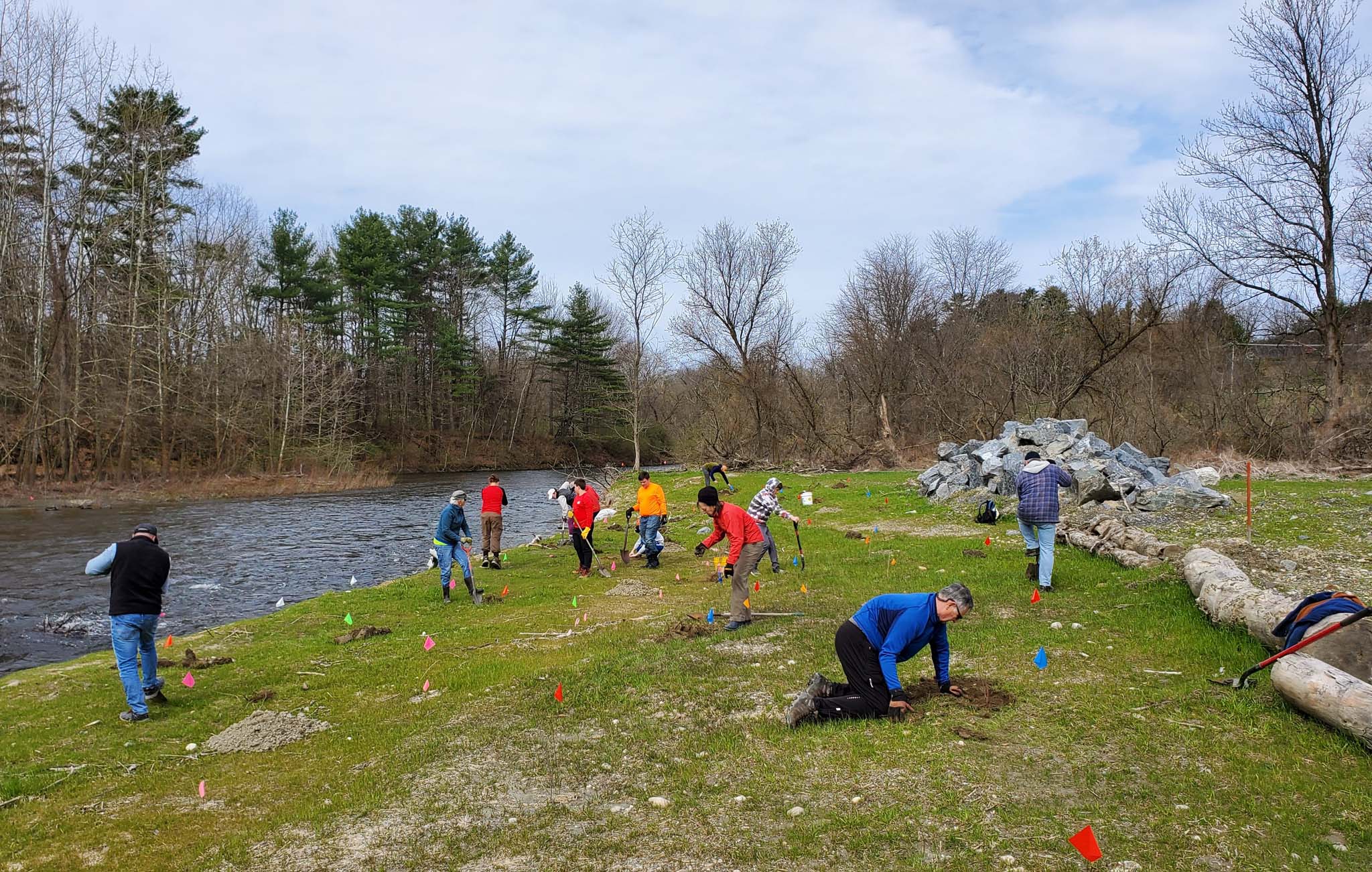
Volunteers showing up to finish the job. (Trout Unlimited)
Volunteers are leading players in this collaborative effort to restore the Battenkill. Through the first three years of the Home Rivers Initiative, volunteers from local TU chapters, communities, and schools helped plant over 1,000 trees, remove 3,000 pounds of litter, and survey 25 miles of stream for spawning redds. We need your help: Reach out by email to battenkillhri@tu.org or follow our local social media channels on Instagram and Facebook: @tubattenkillhri and @tu_northeast.



